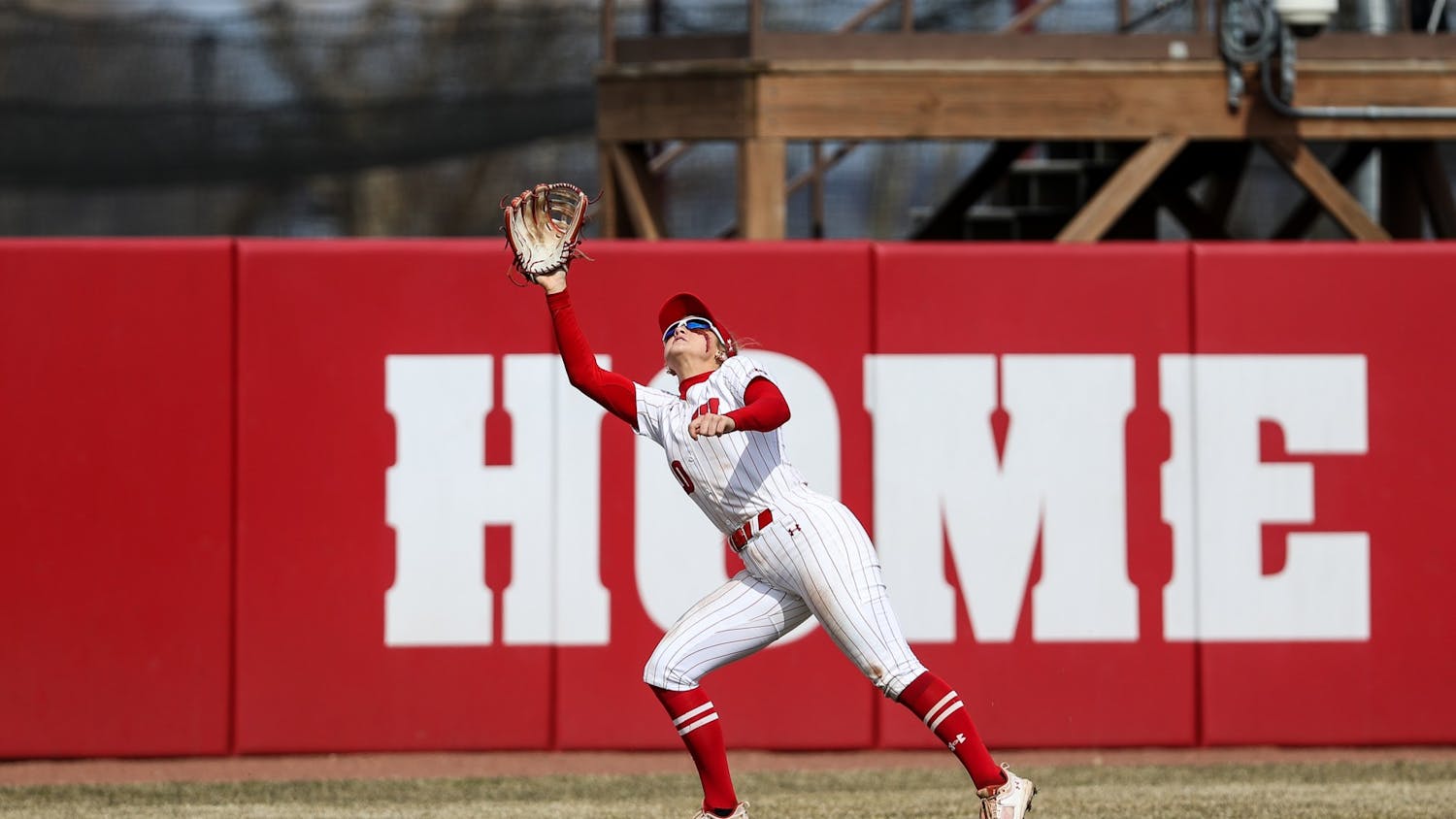Something great happened at the Daytona 500 a few weeks ago.
It wasn’t the race itself, of course, but rather something 160 laps in, when driver Juan Pablo Montoya lost control of his car and crashed it into a track-drying truck loaded with jet fuel. Montoya made it out just fine, so did the truck’s driver. The fuel wasn’t so lucky.
That jet fuel caught fire, and burned out of control despite the best efforts of Daytona’s race marshalls and their fire extinguishers. For a few minutes, until someone found a box of Tide and took care of business, a great big fireball burned on black asphalt in the Florida night and we just sat back and enjoyed it.
Nobody was near the flames (other than the people trying in vain to put them out). Nobody got hurt. We didn’t watch in horror, no, it was more like glee. As blogger @celebrityhottub put it on Twitter, all of us came together to “enjoy watching Something On Fire That Isn’t Supposed To Be.”
That’s a rare feat in today’s sports landscape—a happiness at once primal and pure. More often than not, when something appeals to our basic instincts in sports, it also nags us with guilt.
We like seeing big hits in football, but we don’t want players suffering concussions; we like the fights in hockey as long as they stay safe; we like crashes in racing but want to make sure nobody gets hurt. We like fireballs, but we don’t like what they burn.
And we’ve gotten a glaring reminder of the price of our not-so-harmless fireballs over the past week, since news broke that the New Orleans Saints inspired their defensive players with a bounty system that rewarded thousands of dollars for hits that would knock key opponents out of games. The hand-wringing, mixed with equal parts disgust and righteous, “well, I never!” indignation, was instant and overwhelming.
Columnists and critics asked how the Saints could take part in such a barbaric system; how a professional football team could stoop so low as to reward hits that endangered a player’s safety. Mix news of the Saints’ bounties with the NFL’s well-intentioned drive to reduce hits to the head and the concussions they cause, and you have a perfect conditions for everyone to line up and say “football is too violent.”
Let’s ask those columnists, though, why the NFL is so popular. Let’s ask the critics what makes football the biggest sport in America. Let’s ask why highlight shows used to have segments called “Jacked Up” and why video games have a “hit stick” button. I’ll give you a hint: It’s the violence.
Football has violence at its very foundation, built into its most basic rules (it’s hard to tackle someone gently), and from there the league has built up its reputation as the home of the biggest, baddest, hardest-hitting athletes in the world. Violence isn’t a threat to the NFL—it’s the league’s lifeblood.
People hold their breath when a receiver goes up to catch a pass over the middle, or a defensive end comes rushing in on the blind side. It’s a mix of nine parts excitement and one part concern, the same one you see before a fighter connects on a punch, or a car hits a wall, or a few hundred gallons of jet fuel meet a spark.
Like it or not, violence like the kind Gregg Williams encouraged in New Orleans is firmly tied to the excitement and popularity of football. You can’t take violence out of the game and expect the same game, or the same reaction from fans. We want the big hits—hell, we demand them. We don’t want those injuries, of course, and that’s the line Williams and the Saints stepped over.
But that’s how we pay for the hits. We pay with our eyes on multi million-dollar ad campaigns, with our wallets at team shops, with our clicks online, and with our knowledge that players like John Mackey and Dave Duerson lived and died suffering because of the big hits we love so damn much.
Want to be outraged about something? Be outraged about the price those men paid for our adoration and attention.
Don’t feign righteousness when you catch a glimpse of the sausage being made. Don’t get mad when the Saints gave us—and the NFL and the TV networks and the analysts and the columnists—exactly what we want. Don’t act surprised when a team lives up to a sport’s fundamental identity.
When the Saints give us more fireballs, don’t be mad because you have to face the cost.
How should the NFL handle the Saints bounty scandal? E-mail Nico at nicosavidge@gmail.com.





